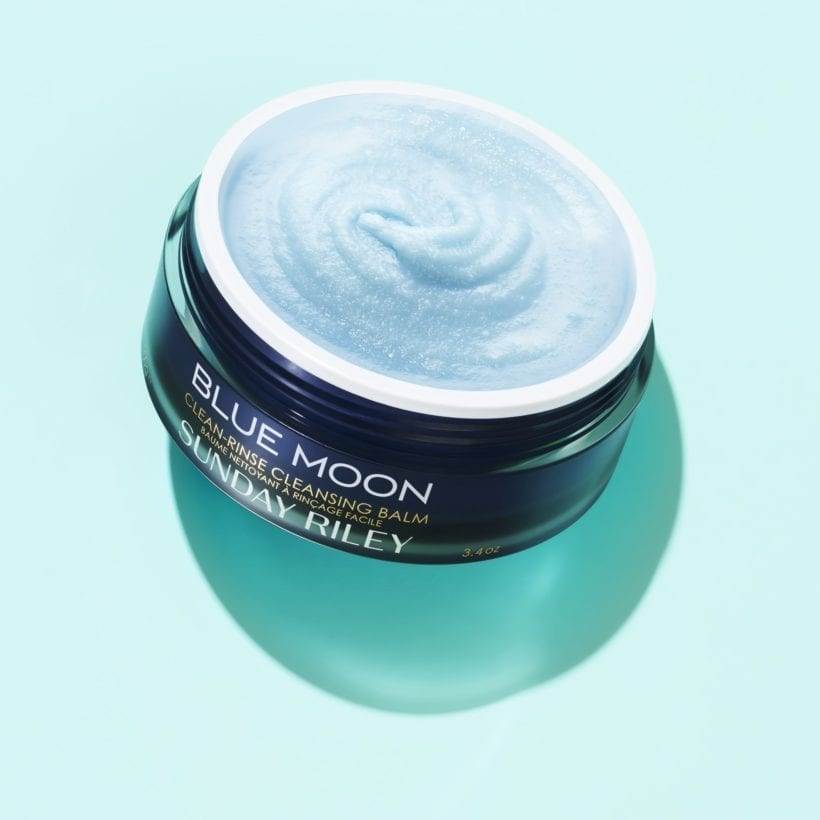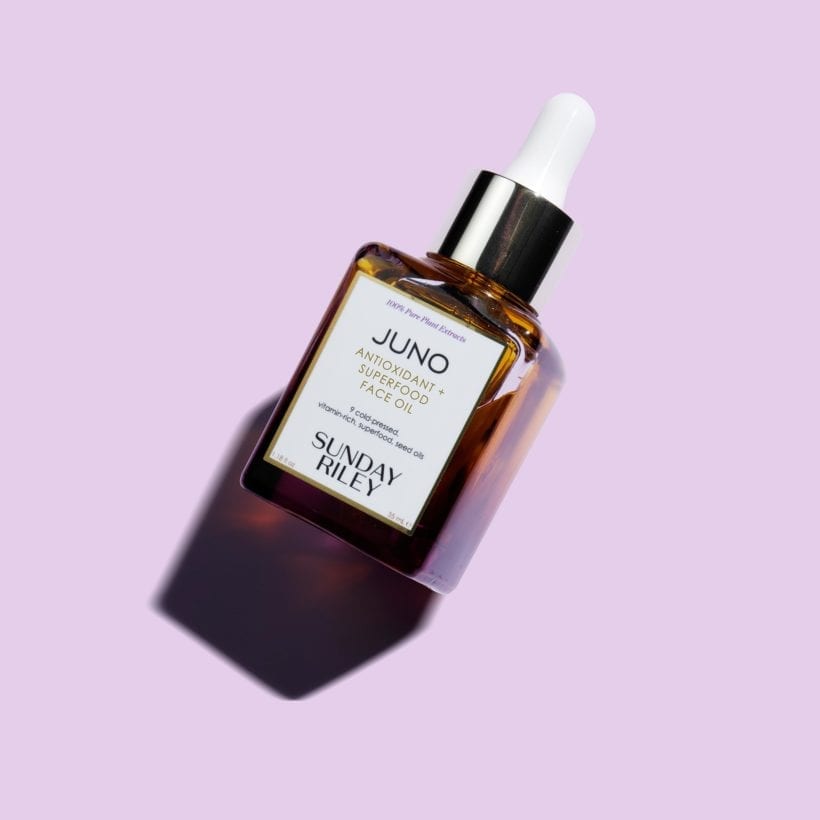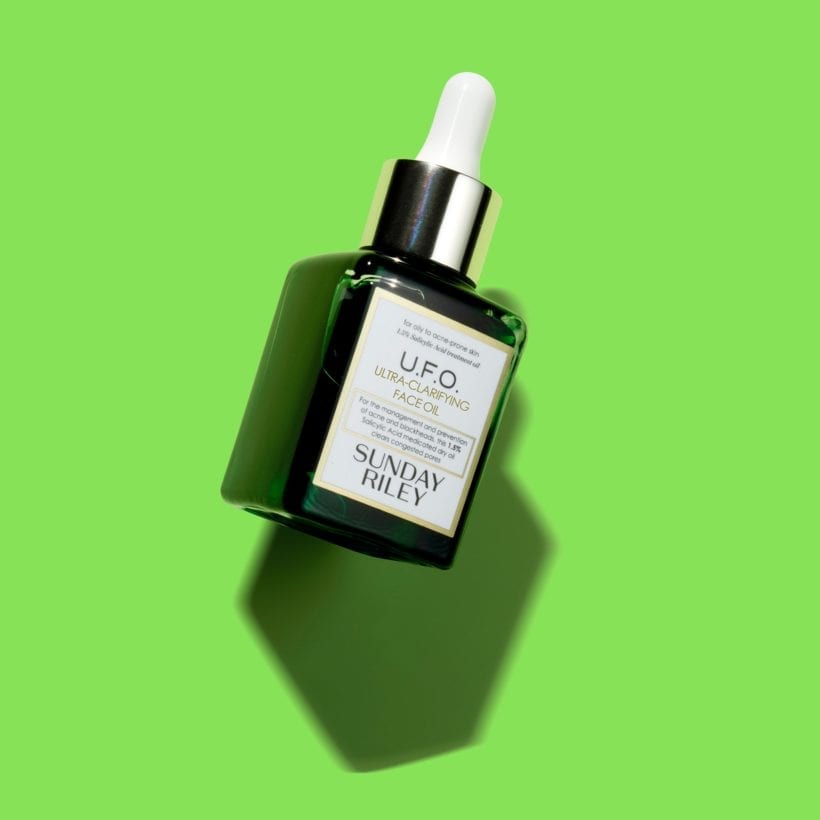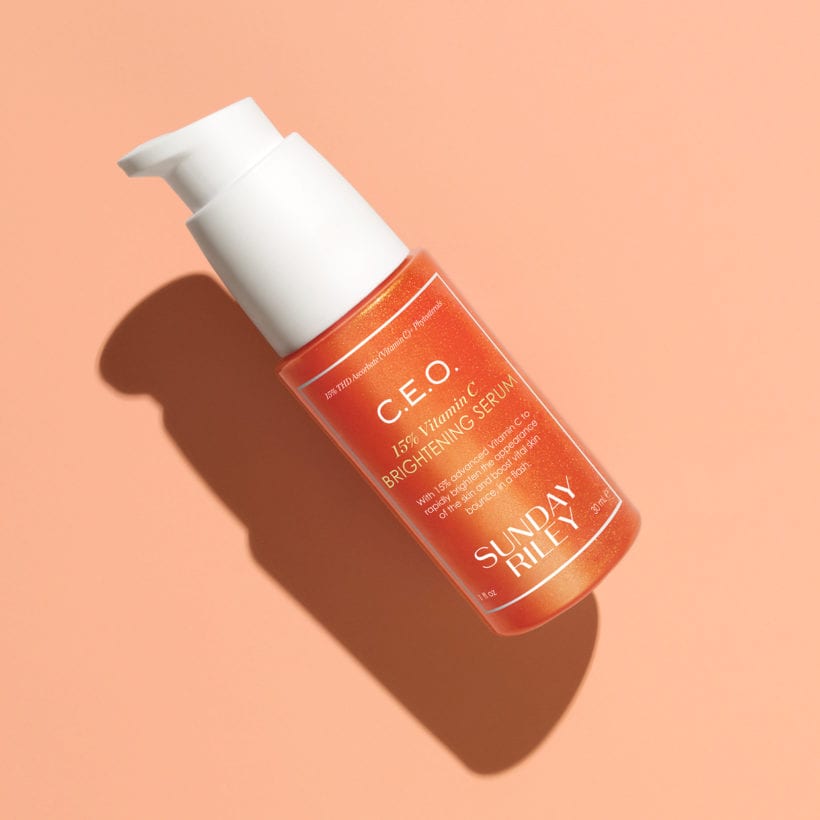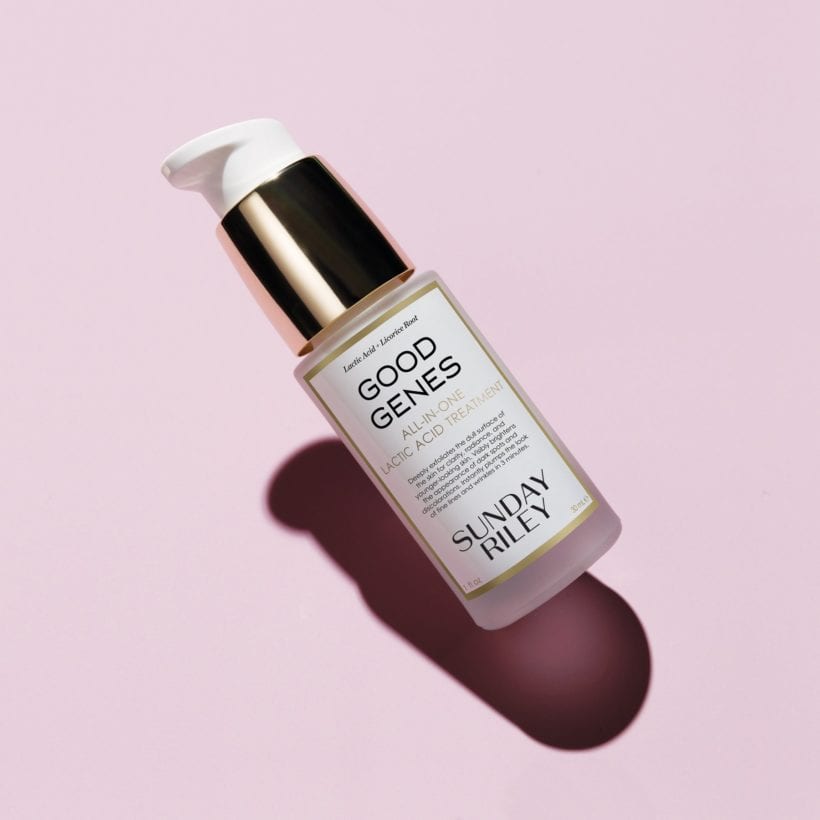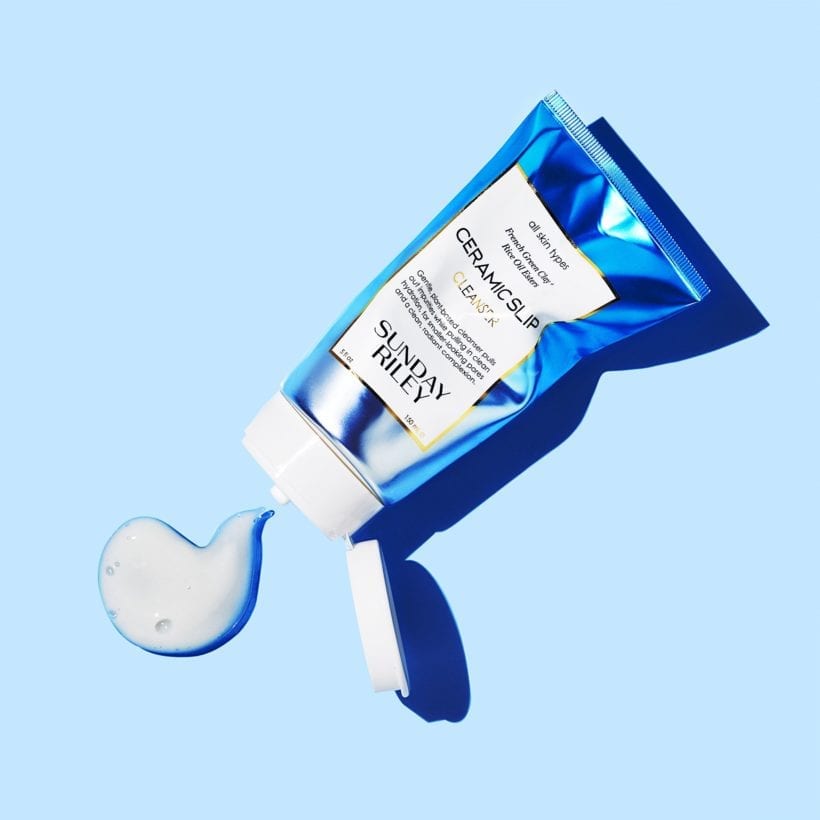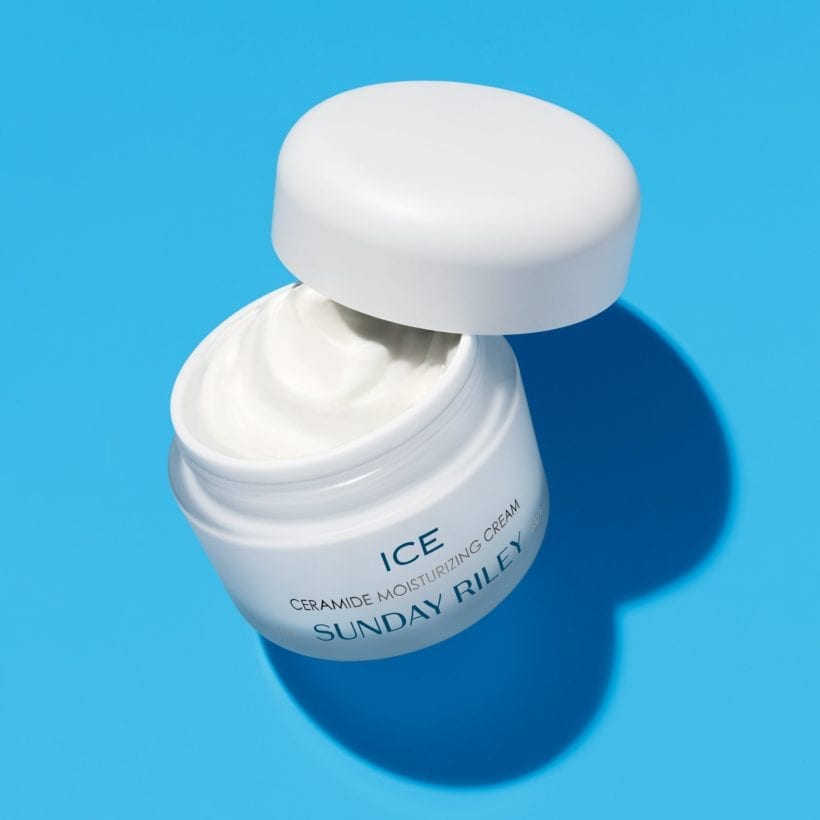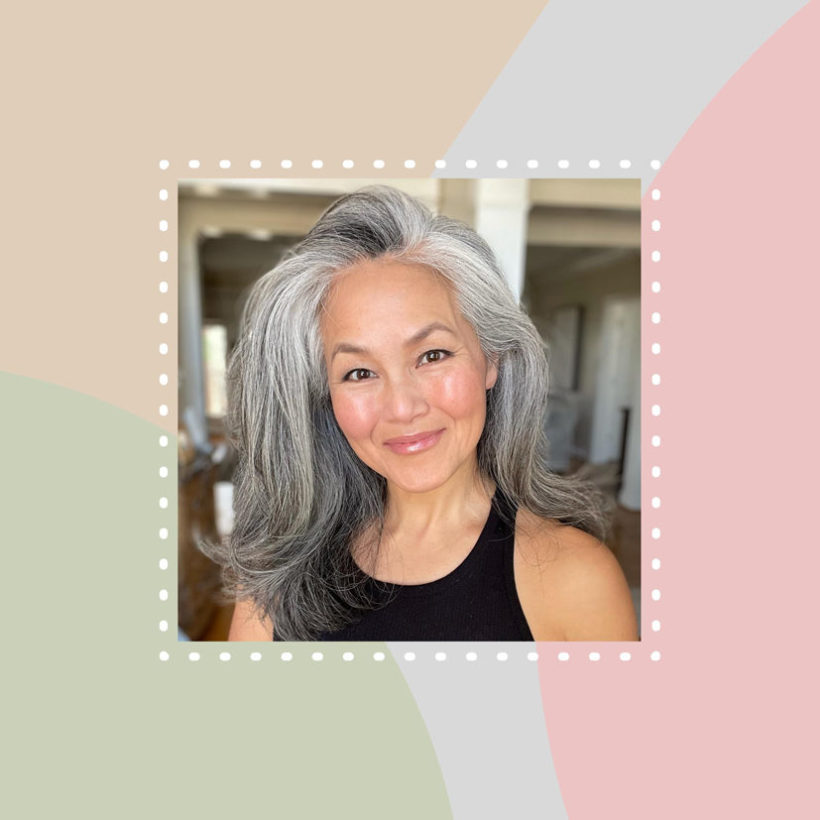While much is made of skin during puberty (think: hormonal acne), the changes faced by women during menopause are often kept more under the radar. Considering this is something all women will go through, it’s about time the narrative is changing with the subject being less taboo and more educational resources available.
Typically taking place between the ages of 45 and 55, some women start menopause younger. Menopause happens when your ovaries run out of viable eggs and it’s defined as the one-year mark after your last period. Once your menstrual cycle stops, your body goes through a number of changes as a result of hormonal fluctuations.
During this phase of a woman’s life, estrogen, one of the main female hormones, is in decline and this is what can cause common hormonal symptoms such as hot flushes, night sweats, or changes in mood. These changing levels of estrogen also impact the skin. Let’s dive into what that may look like for you and how you can address your skin concerns.
The link between estrogen and the skin
Estrogen forms a fundamental role in the skin. “Estrogen stimulates the production of collagen, elastin, and hyaluronic acid, which helps the skin stay firm and toned. It also encourages the production of skin oils that both nourish and lubricate this vital barrier,” says Sara Waterman.
Subsequently, it’s responsible for the skin’s thickness, skin hydration, wound healing, and improved barrier function. During menopause, Estrogen levels decline which directly impacts the skin.
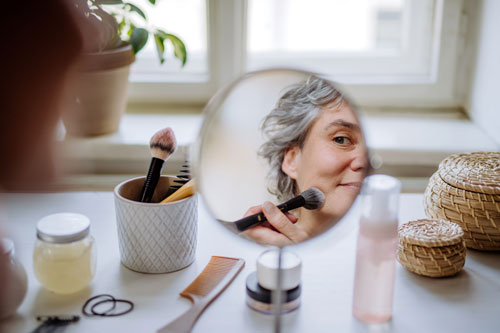
“Estrogen-deficient skin can be characterized by dryness, wrinkling, thinness, and itching. Many women will not associate this with menopause, and will just put it down to getting older,” says Waterman.
However, this is not the only impact menopause can have on the skin. “Many skin conditions flare with puberty, such as acne, then settle in your 30s to 40s only to flare up again during perimenopause — the period before the menopause — or during menopause,” says Dr. Abha Gulati.
Increased skin sensitivity is often common in this period. Hormonal changes can alter the pH of the skin which can upset the skin barrier. This makes reactions and rashes more common during this period. Hormonal changes can also increase issues with pigmentation or dark spots. Known medically as melasma, this condition is caused by UV rays from the sun but when skin is more sensitive during menopause it’s more prone to it.
Common menopausal skin issues and how to treat them
Menopause impacts everyone differently, but with the right routine and care, you can lessen the effects on your skin.
Very dry skin
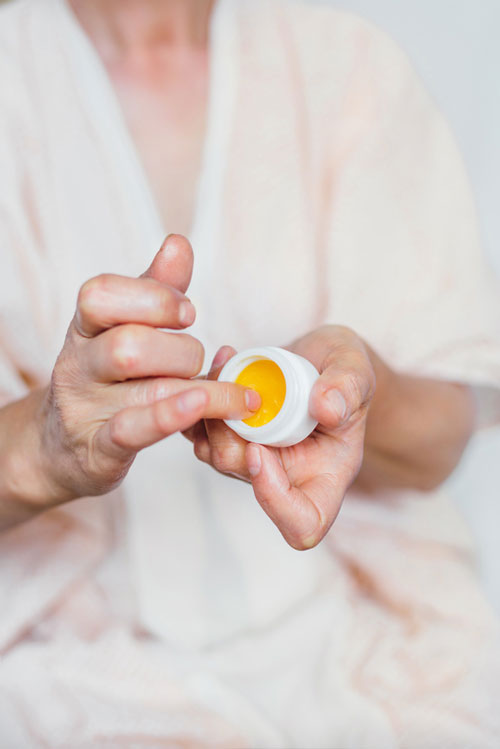
It’s very important to choose a gentle, non-foaming cleanser that won’t strip the skin by using a hydrating balm consistency like Sunday Riley Blue Moon Clean Rinse Cleansing Balm. The therapeutic essential oils of blue tansy and German chamomile help to calm the look of irritated, dry, flaky skin. Follow up by feeding the skin with a nourishing oil like Sunday Riley Juno Antioxidant + Superfood Face Oil, which restores and rehydrates the skin’s natural moisture barrier with a blend of organic, cold-pressed, antioxidant-rich, superfood seed oils. Very dry skin tends to be lacking in oil — unlike dehydrated skin which is low on water. Find out more about the difference between dry and dehydrated skin here.
Oily skin and breakouts
Oily skin that’s prone to spots needs targeted products with ingredients like salicylic acid that knock out blackhead-causing buildup and debris from congested pores. It may counterintuitive if you’re new to the world of face oils, but oily skin can benefit from using an oil-based product as your skin is actually compensating for a lack of natural oil. Sunday Riley U.F.O. Ultra-clarifying Acne Treatment Face Oil features tea tree oil and black cumin seed oil to support clear skin, while hexylresorcinol and licorice naturally brighten the appearance of old acne discolorations for a more even-toned complexion.
Pigmentation
Pigmentation is notoriously tricky to treat but a couple of active ingredients fight the good fight. Include a powerful vitamin-based product like Sunday Riley C.E.O 15% Vitamin C Brightening Serum in your daily morning routine to illuminate, plump, and firm skin to restore its natural bounce and tone. THD ascorbate (a powerful and stable, yet gentle form of vitamin C) is the serum’s not-so-secret ingredient to specifically target the look of dullness, dark spots, and discolorations at the source. In the evening, try adding a glycolic acid serum into your regimen. Sunday Riley Good Genes Glycolic Acid Treatment penetrates the surface of the skin with tiny glycolic acid molecules to break apart pore-clogging debris and repair the look of sun-damaged skin.
Daily SPF is crucial during menopause to protect the skin from pigmentation-causing rays. Sunday Riley Light Hearted Broad Spectrum SPF 30 Sunscreen, is a great lightweight option you’ll want to wear every day — whether or not you’re dealing with specific skin issues.
Increased sensitivity
Overly sensitive skin calls to strip skincare back to basics and stay clear of too many active ingredients. Use a gentle, plant-based cleanser like Sunday Riley Ceramic Slip that pulls out impurities without stripping the skin. Ceramides, one of the key building blocks of the skin barrier, are crucial when trying to strengthen the skin and reduce sensitivity. After cleansing, use a ceramide-rich moisturizer like Sunday Riley ICE Ceramide Moisturizing Cream to get skin smooth, balanced, and — dare we say — ageless.
We only recommend products we have independently researched, tested, and loved. If you purchase a product found through our links, Sunday Edit may earn an affiliate commission.

